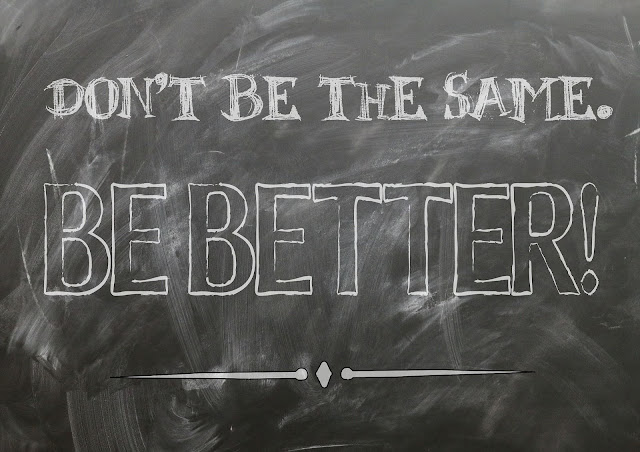Consider Open!

https://pixabay.com/photo-999247/ Open educational resources (OER) are freely available educational materials that can be used by anyone, anywhere utilizing the power of the internet. UNESCO defines OER as, “any type of educational materials that are in the public domain or introduced with an open license. The nature of these open materials means that anyone can legally and freely copy, use, adapt and re-share them.” Open pedagogy goes hand in hand with OER. Open education advocate, David Wiley notes that employing OER in the same ways traditional textbooks are used will reduce textbook costs for students and may improve learning outcomes because more students have access to required materials but he notes that this substitution does little to elevate or innovate teaching practice. Open pedagogy practices can provide this innovation. Open licenses make open pedagogy possible. Open licenses allow instructors to reuse, revise and essentially re...